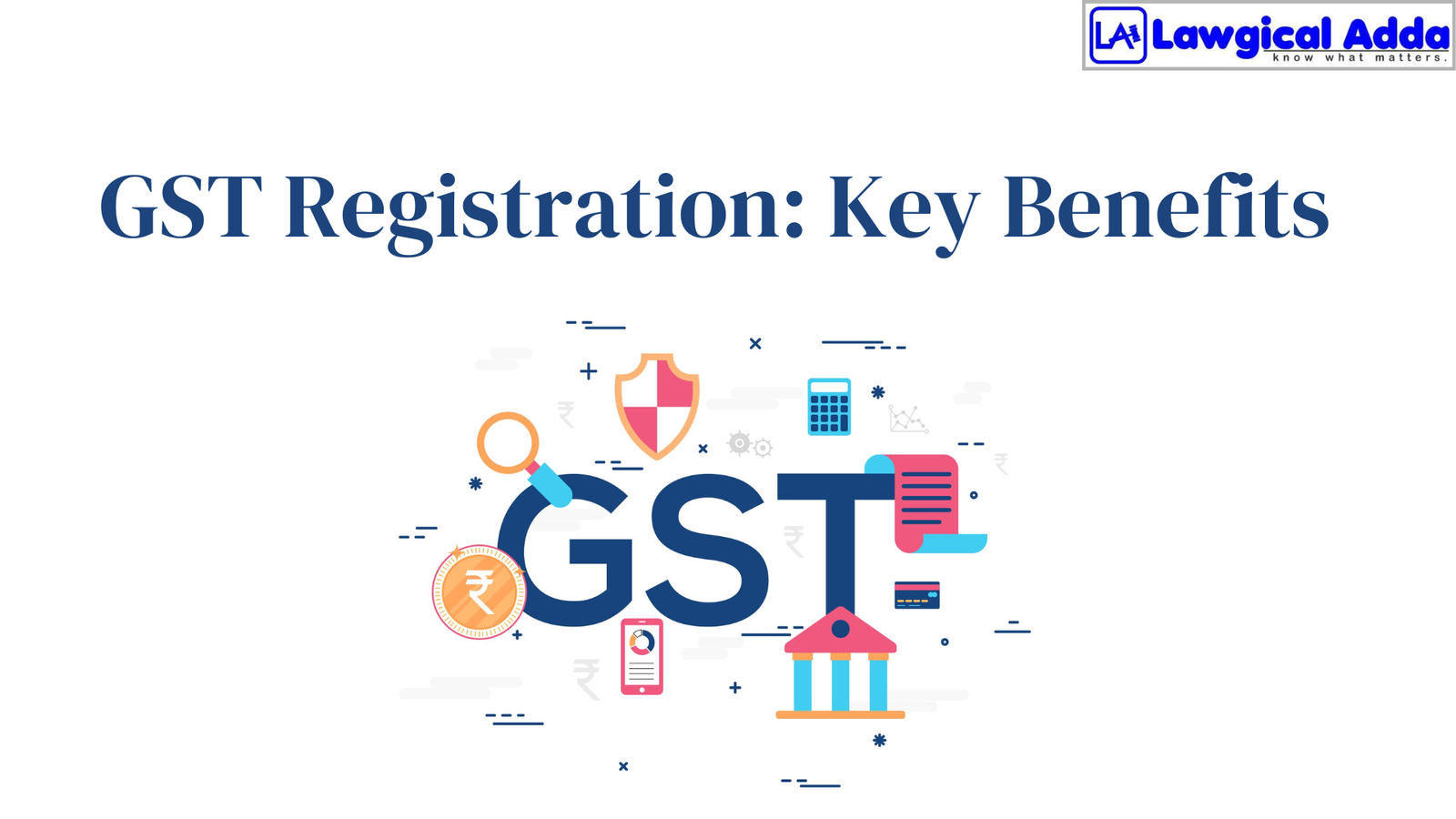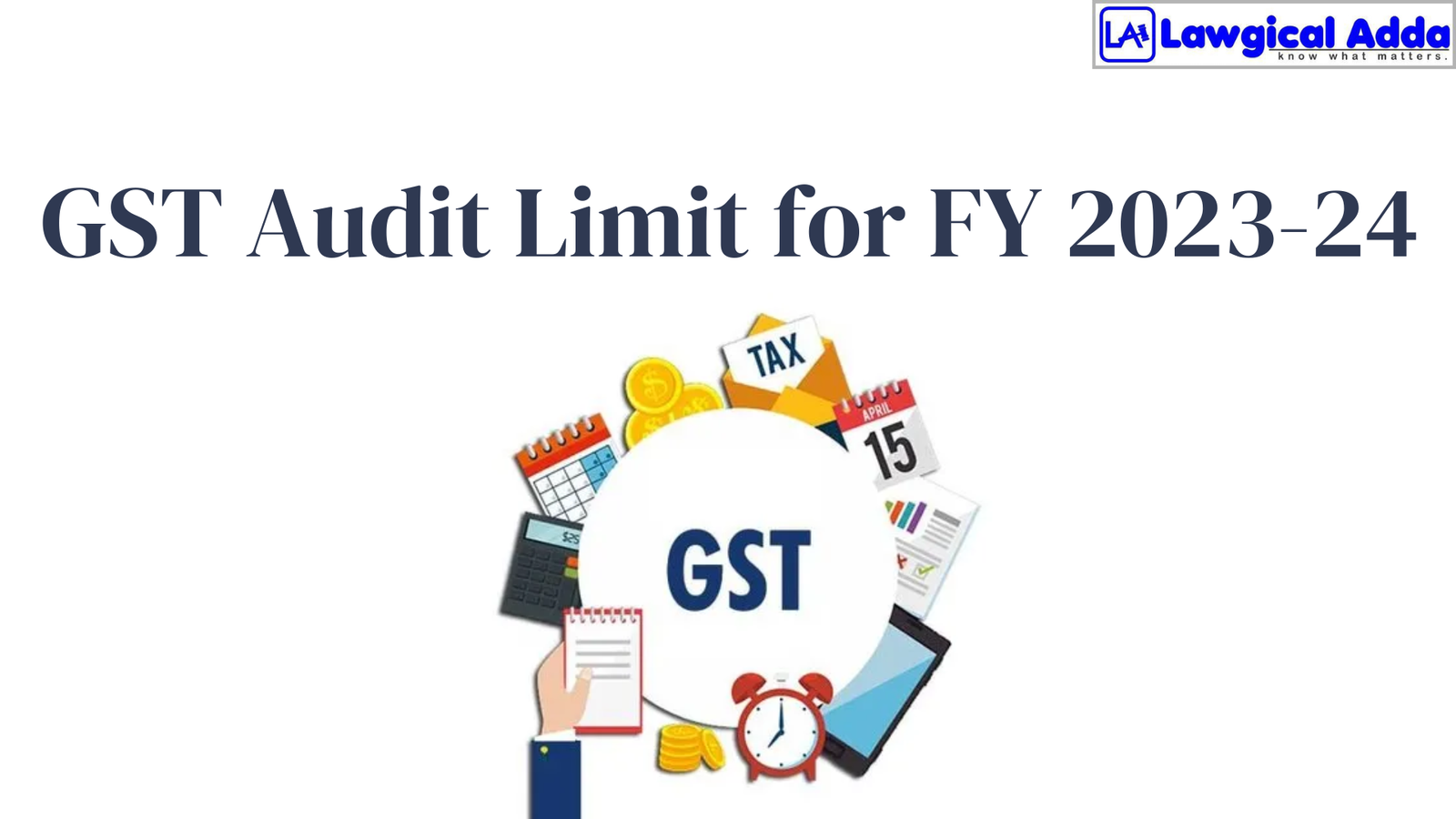GST Registration: Key Benefits

Table of Contents
Introduction
Registration for GST allows an individual or taxpayer to register. They are only allowed to collect taxes from their customers if the individual has registered for GST, and they are also unable to collect any taxes even if they have.
When starting any business, one of the most important things you must do is register for GST.
What is GST?
India began implementing a goods and services tax on July 1, 2017. It was presented as a unified substitute for the numerous varieties of indirect taxes, such as services tax, VAT, excise duty, and so forth.
This action aimed to lower the tax burden and its ripple impact on the sales of goods and services along the supply chain.
Small businesses benefit significantly from GST, which reduces the complexity of the indirect tax system to a single, unified tax imposed on the federal and state governments alike. Let’s examine the precise operation of GST.
What benefits does GST offer?
The government’s recent passage of the GST Act has benefited Indian taxpayers.
Taxes have been drastically reduced
Since the introduction of the new GST laws, all other taxes have been significantly lowered. Thanks to the latest “One Nation, One Tax” system, the Indian government now finds it easier to keep track of every taxpayer.
The past insufficiency of the tax collection mechanism made this challenging. GST has been crucial in several sectors, chief among them the creation of jobs and the opening of new doors for startups and entrepreneurs.
The GST is a more sophisticated measure of the ease of doing business. It can do far more than boost the number of people working abroad.
The tax snowball effect is avoided
When debt is paid off, but you have more money left over than when you started, this is known as the snowball effect.
With the introduction of the GST, all indirect taxes were centralized in one location. Input tax credit (ITC): Known as “Tax on Tax,” the ITC was introduced to help businesses offset the cascading effect.
There is a lower minimum criterion.
The GST increased the minimum revenue threshold needed to register for smaller firms. According to a directive from the GST Council, a business must register under GST if its annual earnings are Rs—20 lakhs or more.
The threshold should lessen the pressure that smaller enterprises face from the press. Because of this, companies with annual sales under Rs. 20 lakh are exempt from the GST registration requirement.
This cap is reduced to Rs. 10 lakhs for the North Eastern states. When calculating your turnover, it’s critical to consider both guaranteed purchases and sales made feasible by sample offers.
GST helps several industries.
The Indian economy’s numerous subsectors have significantly benefited from GST support. GST may be advantageous based on your industry.
Even though the GST has modest registration fees, it ultimately helps the Indian economy. The composite scheme offers a flat tax rate of 1% to 5%, which is advantageous for companies with yearly sales of up to Rs 75 lakh.
This plan is only open to eligible small companies. The initial annual maximum of Rs 1.5 crore has been lowered to Rs 75 lakh.
It contributes to cost savings.
Now that GST is in place, businesses can reduce the cost of shipping goods internationally, and small companies can grow their reach. Because of better management and fewer checkpoints, this can occur without significantly increasing transportation expenses.
An essential issue is that there is no domino effect. The tax system had a domino effect, which indicates that various manufacturing levels of the same product were subject to taxation.
This resulted in higher expenses and less effective pricing. The solution lies in value-added taxes, such as GST, which only impose taxes on the difference between the initial and revised prices.
Young entrepreneurs and small businesses in India have undoubtedly significantly benefited from the impact of GST on their businesses. They now have the chance to expand and thrive without too many of the financial system’s historical drawbacks to the nation.
GST is an easy-to-understand method of paying taxes. While it may take SMEs some time to adjust to the digital age, they will eventually find it simple.
Get Your GST Compliance Sorted with Lawgical Adda! Whether it’s GST Registration, GST Return Filings, GST Annual Returns, GST LUT Filings, or GST Registration Cancellation, we’ve got you covered!
Lawgical Adda offers a comprehensive solution to handle all your GST compliance needs with ease and efficiency. Need expert help? Contact us today and let us take care of your GST obligations so you can focus on growing your business!







